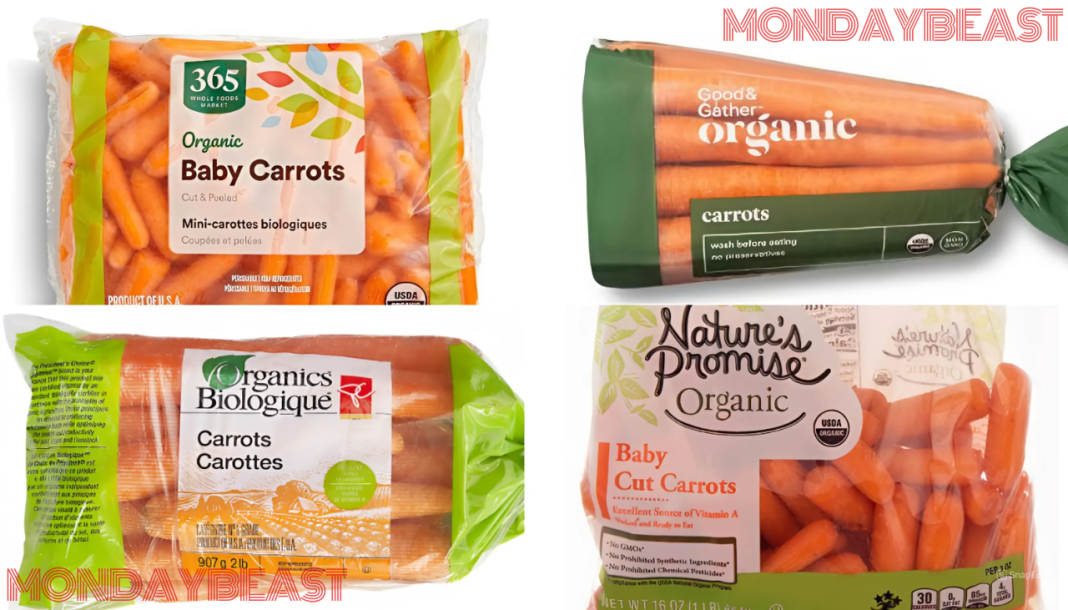Food safety is a big concern for many. Have you thought about what’s in your groceries lately? With the recent E. coli outbreak linked to organic carrots, one might wonder how safe our food really is. The outbreak has left one person dead and dozens sickened, sending chills down the spine of those who enjoy fresh produce. Just imagine buying a bag of fresh carrots, only to find out they are behind a deadly infection.

In total, 39 people across 18 states became ill after consuming carrots sold by Grimmway Farms. It’s alarming how a simple vegetable, celebrated for its health benefits, can turn deadly. The Centers for Disease Control and Prevention (CDC) reported that 15 individuals were hospitalized. This isn’t some isolated incident—it’s a wake-up call. The gravity of such outbreaks puts immense pressure on our food supply systems.
Grimmway Farms, based in Bakersfield, California, is now in damage control mode. They have recalled both whole and baby organic carrots sold under various brand names, like Trader Joe’s and Wegmans. It’s a widespread issue, urging consumers to carefully check their refrigerators and pantries.

What is particularly unsettling is that most infected individuals were from New York, Minnesota, and Washington. Could it be that your favorite salad mix is at risk, too? The repercussions of consuming contaminated food are severe. E. coli infection may manifest as severe stomach cramps, diarrhea, and vomiting, creating distressing scenarios for families.
Imagine a dinner gathering ruined by food poisoning, or worse, hospitalization. Though the outbreak primarily affects older adults and children, anyone’s immune system can be caught off guard. Have you ever thought about the hidden dangers in supposedly healthy meals?

Recent trends show a disturbing pattern. Just months ago, McDonald’s experienced a significant outbreak linked to slivered onions. In another chilling episode, lettuce in the U.K. caused one fatal infection. Public health officials continuously wrestle with these recurring issues, leading experts to caution consumers. Despite such alarming trends, most agree that the overall food supply remains safe.
So, where do we draw the line? What’s clear is that food safety is not just a personal responsibility—it’s a communal one. The FDA continues to offer guidelines for food safety, yet we, as consumers, play a crucial role. When was the last time you checked expiry dates or the origin of your produce?
By being vigilant, we can mitigate risks associated with contaminated foods. Recalled carrots have a best-by date range from September to November. With this in mind, consumers must be extra cautious. Even if you haven’t experienced symptoms, it doesn’t hurt to double-check against reported recalls.
It’s possible to overlook something until it affects your family or friends. We often assume that all organic products are safe, but this outbreak shows otherwise. Ultimately, this situation prompts us to think about our food sources. Are we doing enough to ensure our meals are safe?
While it’s a challenge, we can make informed choices moving forward. Let’s discuss ways to keep our kitchens safe. From shopping habits to cooking methods, every little change can help. As consumers, we have a voice. Let’s use it to advocate for safer food practices.




